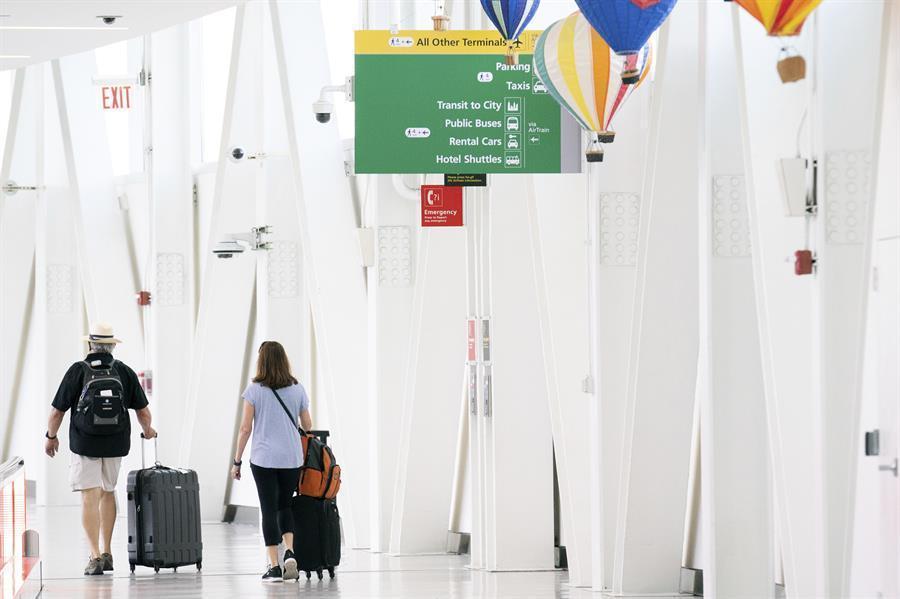Unions push airlines to avoid stock buybacks
DALLAS

Labor unions are pressuring U.S. airlines not to buy back their own stock but instead spend the money on hiring more workers and fixing problems that caused widespread flight delays and cancellations this summer.
The unions said that the four largest U.S. airlines spent more than $39 billion on stock buybacks from 2014 through 2019 rather than making investments to help employees and passengers.
The airlines are currently barred from buying back their own shares as a condition of $54 billion in federal pandemic aid, but that prohibition ends after Sept. 30.
Union officials worry that buybacks will come back now that most U.S. airlines have returned to profitability after huge losses in 2020 and 2021.
The unions launched a campaign and petition drive that portrays buyouts as a giveaway to Wall Street and a tool for airline executives to boost their own stock-based compensation.
The unions asked airlines to pledge to forgo buybacks until until airlines fix their “operational meltdowns” and reach new labor contracts. Unions are seeking substantial wage increases.
A union representative said on Aug. 18 that none of the airlines immediately agreed to the pledge.
Airlines could be tempted to repurchase stock because the shares might appear cheap. The Arca index of airline stocks is down 21 percent this year and 41 percent since the start of 2020.
Most U.S. airlines reported second-quarter profits, however, and revenue is surging on strong ticket sales.
Corporations view buybacks as a way to reward shareholders by reducing the number of shares and making the remaining ones more valuable. Investors often prefer them over dividends, which are treated as ordinary income and taxed at up to 37%.
If buybacks boost a stock’s value, investors who hold the shares long enough pay a lower capital-gains tax on the profit when they sell, no more than 20%.
















